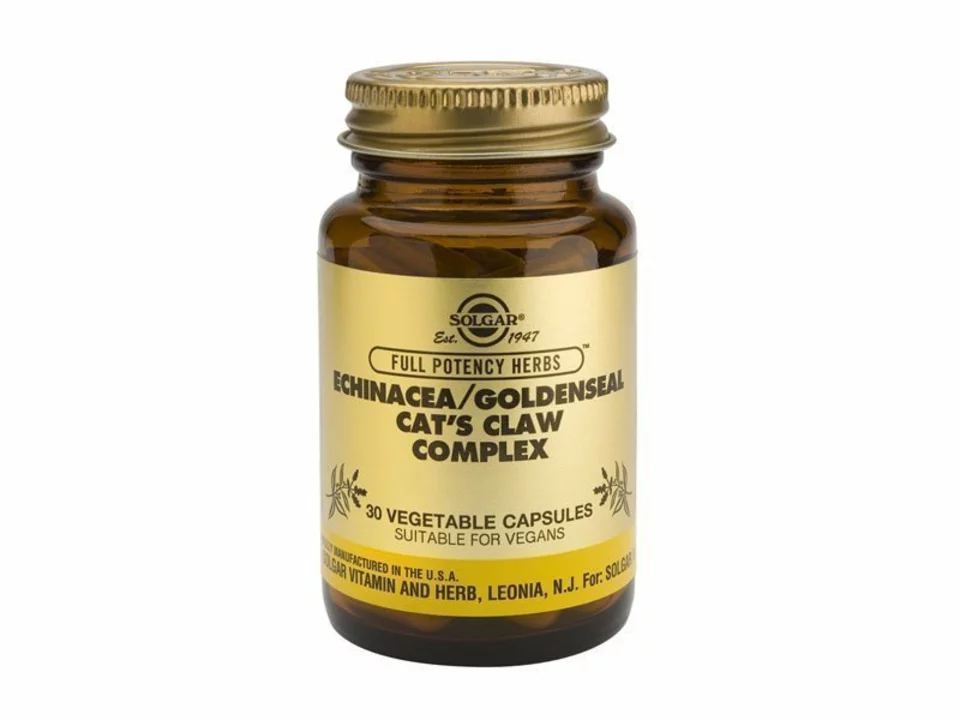Herbal dietary supplement: how to choose and use safely
Herbal dietary supplements are everywhere - online stores, pharmacies, even grocery aisles. They promise energy, better sleep, joint relief, or immune support. That sounds great, but not all herbs are equal or harmless. Here are practical steps to pick useful, safe products and avoid common mistakes.
Check the label first. Look for the scientific name (for example, Panax ginseng, not just "ginseng"), the part of the plant used, the dose per serving, and the total active ingredient. Avoid products that list vague extracts like "herbal blend" without amounts. If you can't tell what's in it, don't buy it.
Choose third-party tested brands. Independent testing by USP, NSF, or ConsumerLab checks that the bottle contains what the label claims and that it's free from heavy metals or contaminants. These seals don't guarantee effectiveness, but they cut down safety risks. If a product lacks testing and makes bold health claims, treat it with suspicion.
Know what works and what doesn't
Some herbs have good evidence for specific uses. For example, St. John's wort can help mild depression but interacts with many drugs. Turmeric (curcumin) may reduce inflammation when taken at effective doses with black pepper extracts. Probiotics and ginger have solid uses for digestion and nausea. Other herbs, like many weight-loss blends, lack reliable studies and sometimes contain hidden drugs.
Watch for interactions and side effects
Herbs can change how prescription drugs work. Garlic, ginkgo, and ginseng affect blood clotting and can raise bleeding risk if you take blood thinners. St. John's wort speeds up liver enzymes and can make antidepressants, birth control, and blood pressure meds less effective. Tell your doctor and pharmacist about every supplement you take - even teas and powders - so they can check for interactions.
Pay attention to dose and timing. "Natural" doesn't mean safe at any amount. Follow the label dose or a healthcare provider's advice. Some herbs cause stomach upset, drowsiness, or skin reactions. Start with a short trial at the lowest dose and stop if you notice problems.
Avoid special groups using herbs without medical advice. Pregnant or breastfeeding people, young children, and people with liver or kidney disease need extra caution. Some herbs can harm a developing fetus or interfere with medical treatments. If you're planning surgery, stop herbs that affect bleeding at least two weeks beforehand unless told otherwise by your surgeon.
Store supplements properly and check expiry dates. Heat and moisture reduce potency, so keep bottles sealed and in a cool, dry place. If a product smells off or looks different, discard it. When buying online, prefer established pharmacies or direct brand sites rather than unknown marketplaces.
Finally, ask plain questions. What ingredient is active? Who tested it? What results can I expect and in how long? If answers are vague or the seller pressures you to buy fast, walk away. Herbal supplements can help, but smart choices and common sense keep you safe and get the results you want. Keep a supplement list in your phone and share it with doctors.

- 14 Comments
Cat's Claw has recently caught my attention as a powerful herbal dietary supplement with numerous health benefits. This Amazonian rainforest plant has been used for centuries by indigenous people for its medicinal properties. I've discovered that it offers anti-inflammatory, antioxidant, and immune-boosting benefits, making it a fantastic addition to our daily routines. Additionally, recent research suggests that Cat's Claw may even have potential in supporting brain health and protecting against neurological disorders. If you're looking to improve your overall well-being, I highly recommend looking into the potential of this amazing natural remedy!
